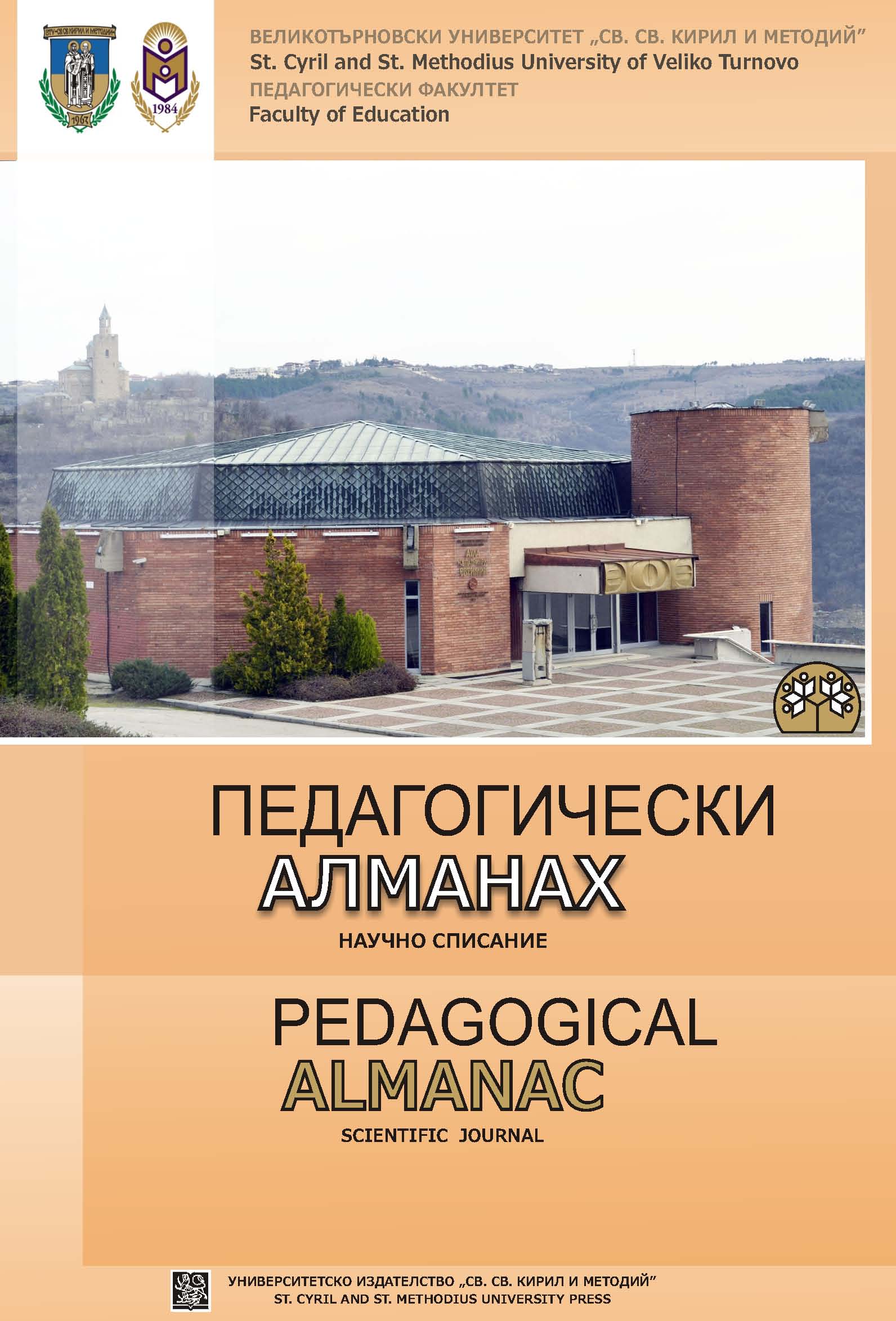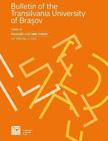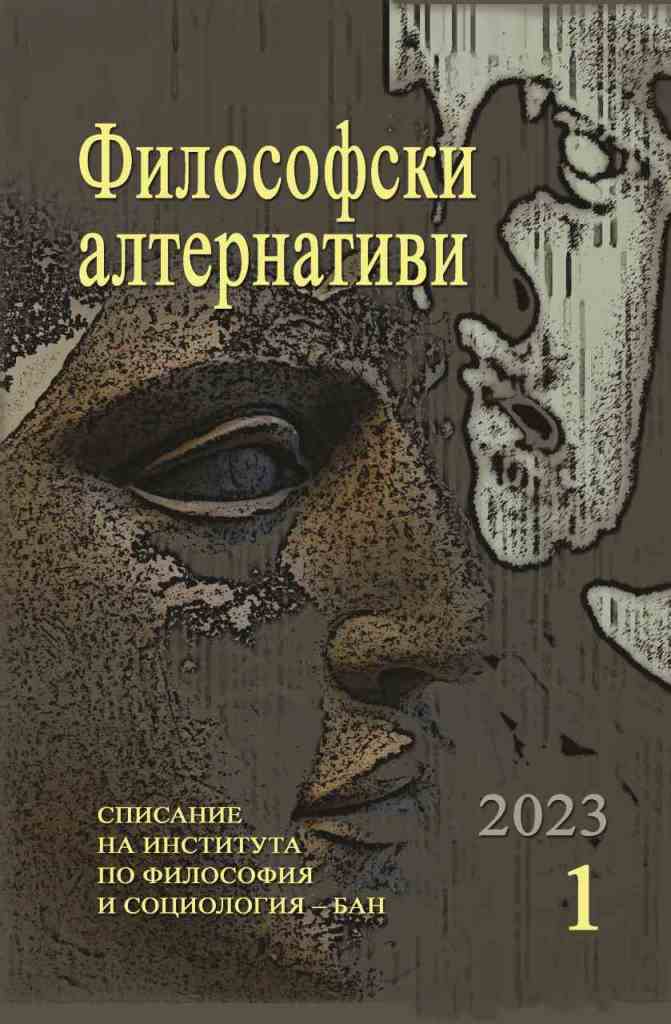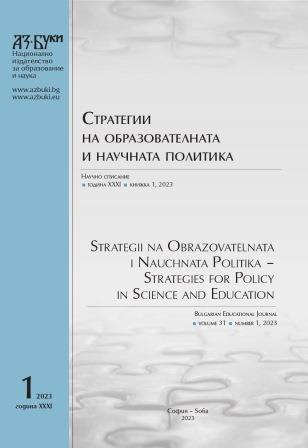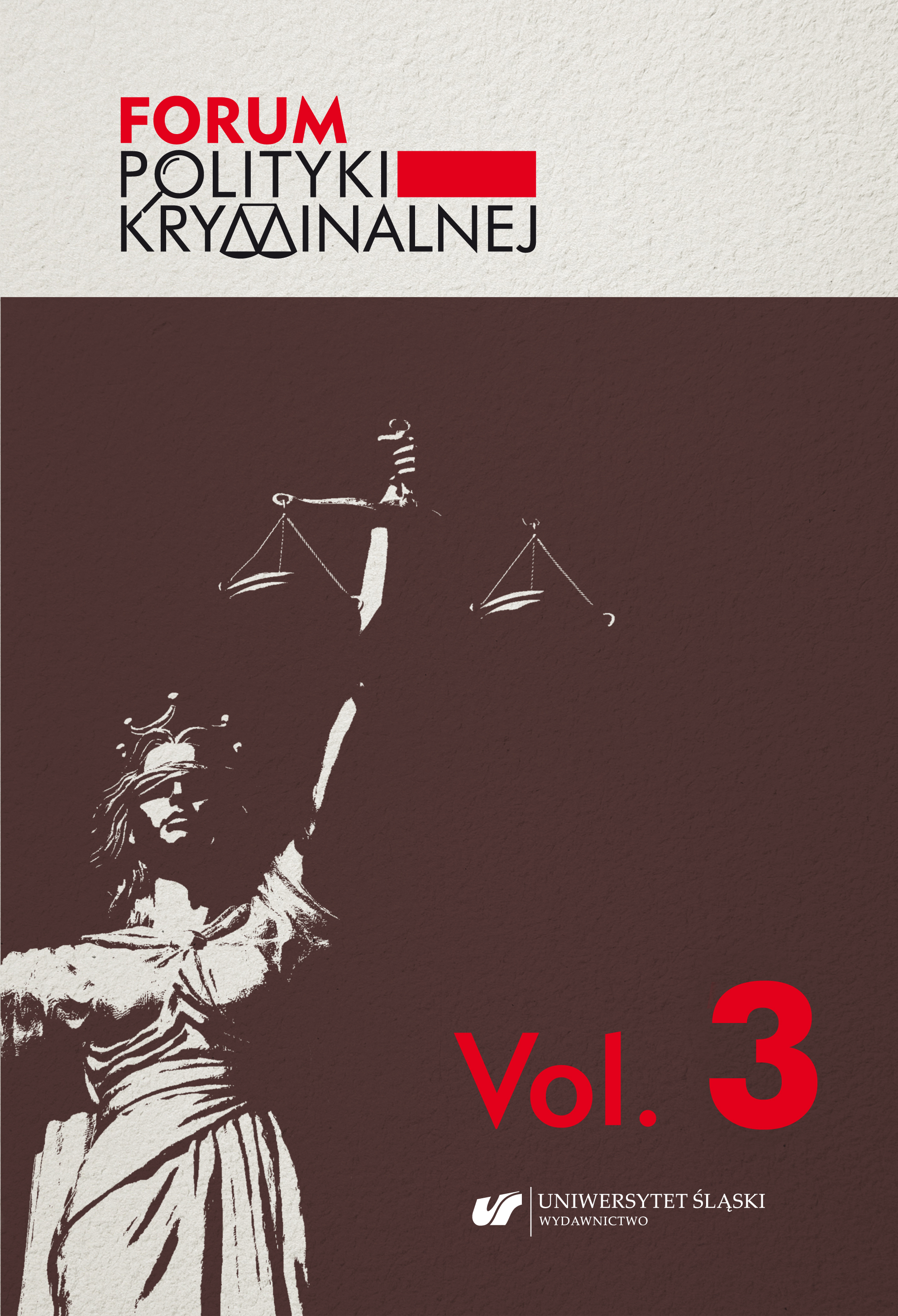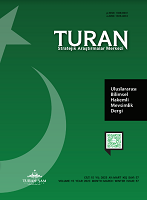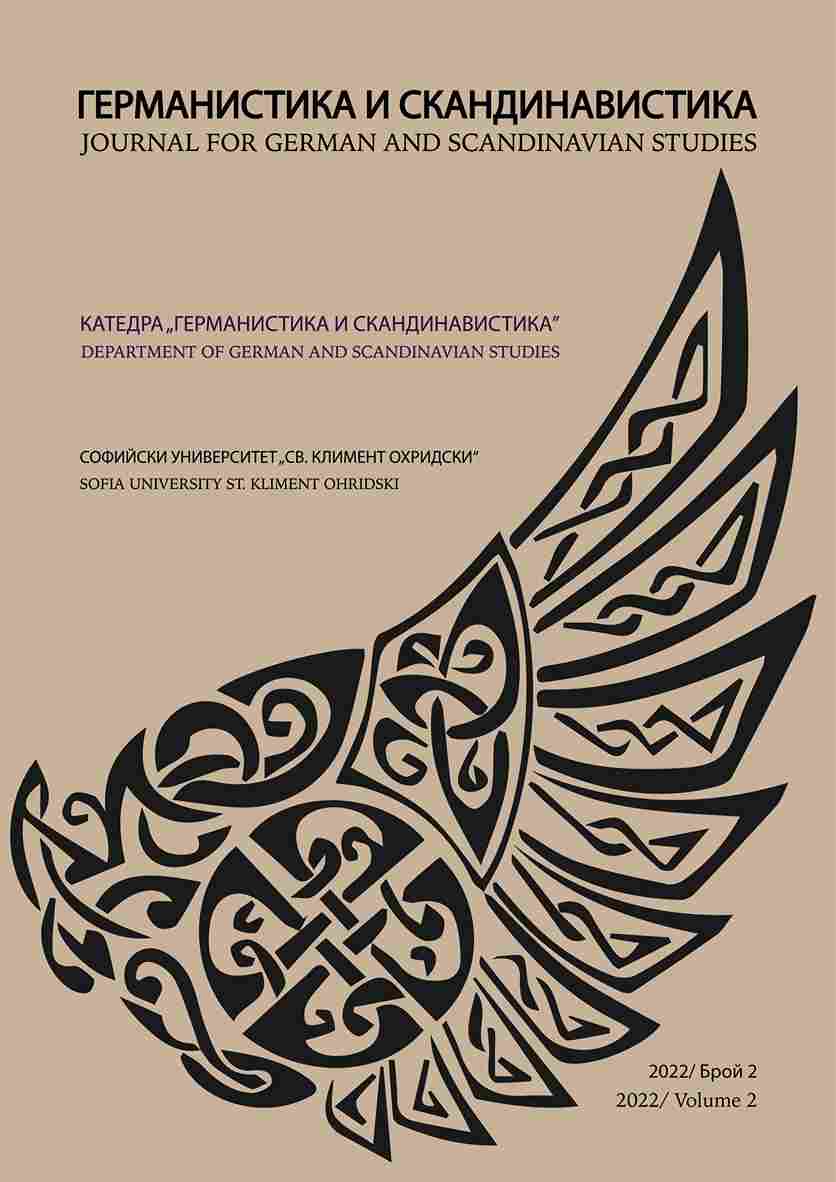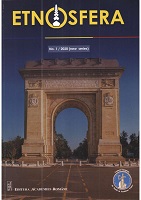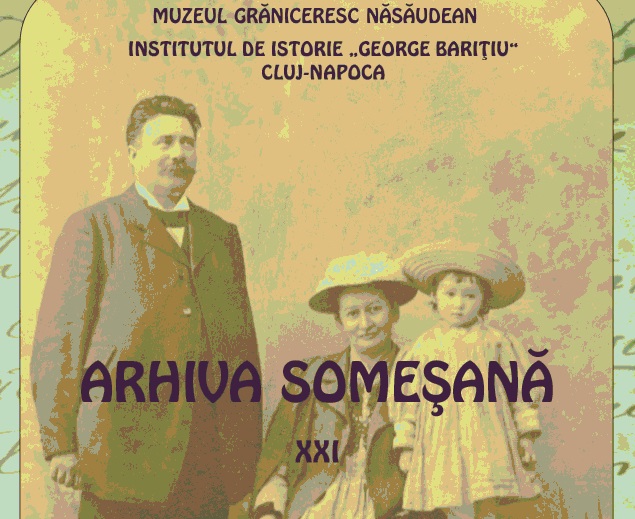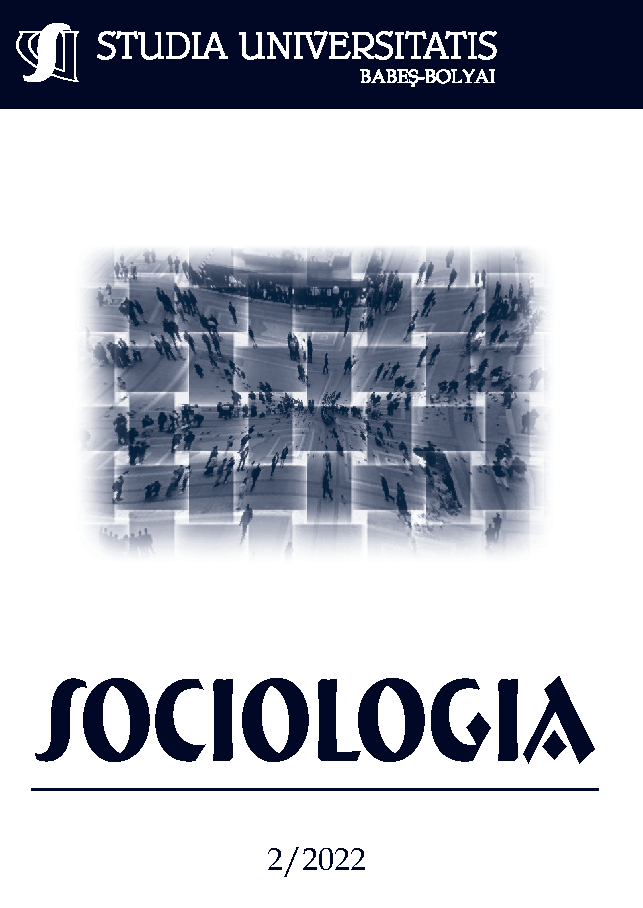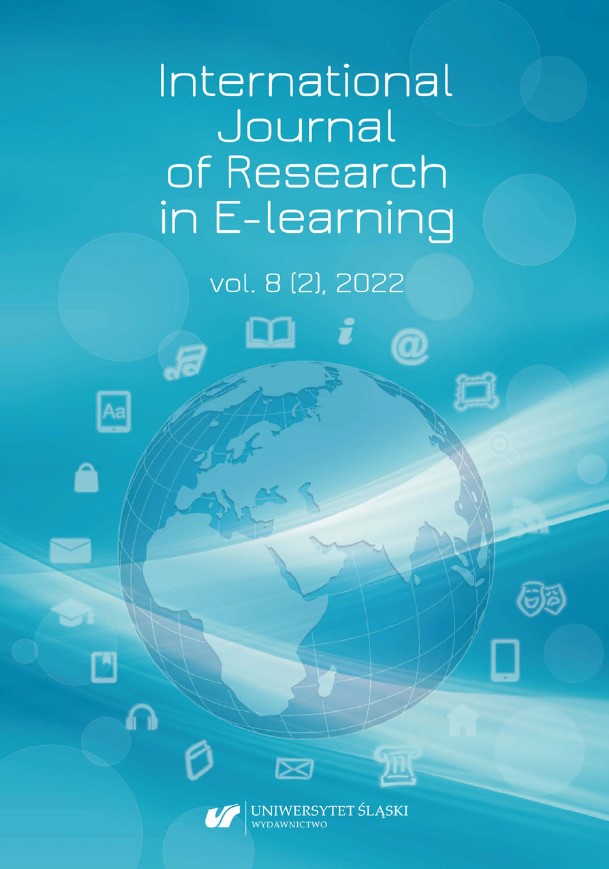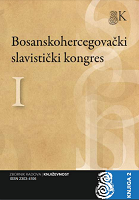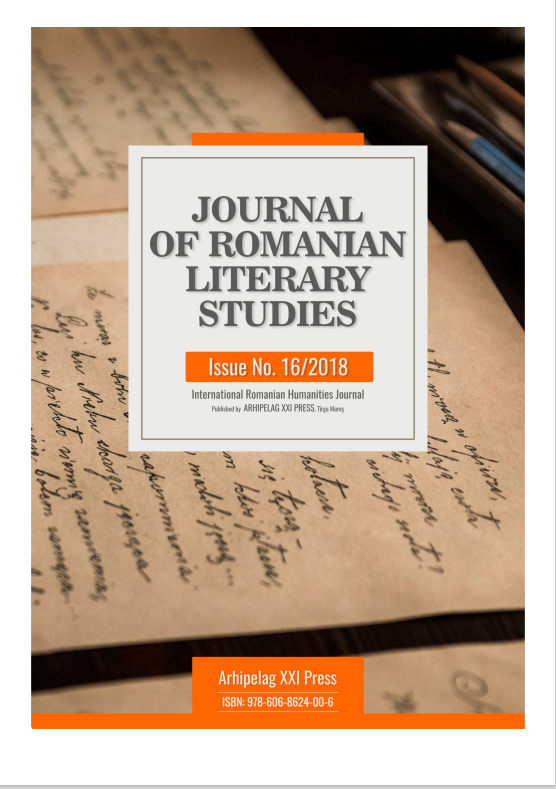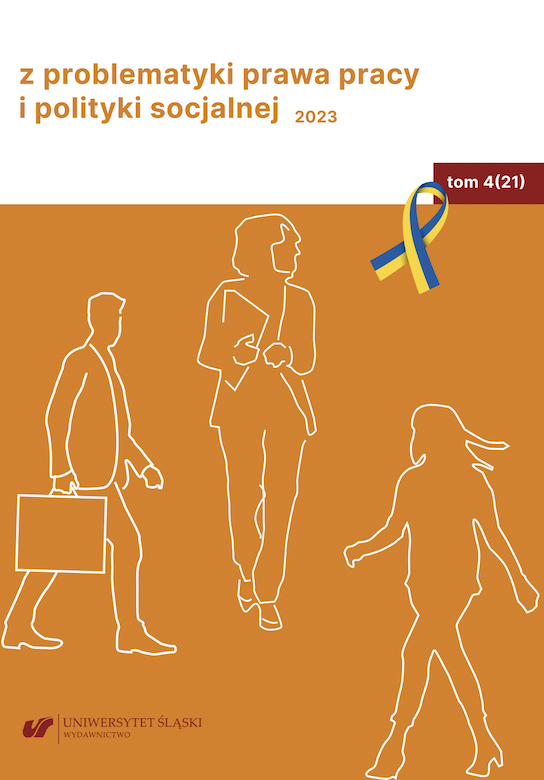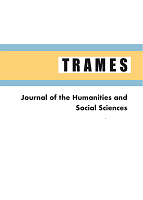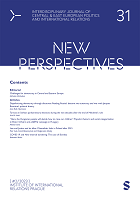Author(s): Ioan Bolovan,Călin Emilian Cira,Vasile Dobrescu,Ovidiu Emil Iudean,Adrian Onofreiu / Language(s): Romanian
Issue: XXI/2022
Review of:
Adrian Onofreiu, Claudia Septimia Sabău, Ana‑Maria Stan, Cornelia Vlaşin, editori, Intelectuali din judeţul Bistriţa‑Năsăud şi Universitatea din Cluj (1919–1940). Restituiri documentare, Cuvânt înainte de Ana‑Maria Stan, au colaborat Paula Cazacu, Nicoleta Hegedűs, Editura Mega, Cluj‑Napoca, 2021, 381 pag.
Mircea‑Gheorghe Abrudan, Lecturi din istoriografia bisericească. În memoria profesorului Nicolae Bocşan (1947–2916) şi a părintelui academician Mircea Păcurariu (1932–2021), Presa Universitară Clujeană, 2021, 396 p.
Sandra Cristina Hirsh, Ovidiu Emil Iudean, Adrian Onofreiu, Vlad Popovici, Claudia Septimia Sabău, Bibliografia istorică a Regimentului de graniţă, numărul 17 (2 românesc) de la Năsăud şi a Ţării Năsăudului (secolul al XVIII‑lea – 1948), Editura Mega, Cluj‑Napoca, 2021, 218 p.
Daniela Deteşan, Claudia Septimia Sabău, editori, Academia Română. Anuarul Institutului de Istorie „George Bariţiu” din Cluj‑Napoca. LX Series Historica 2021. Supliment: Femeia între tradiţie şi modernitatea românească (a doua jumătate a secolului al XIX‑lea şi începutul secolului al XX‑lea). Interogaţii, realizări, perspective, 339 p.
More...
